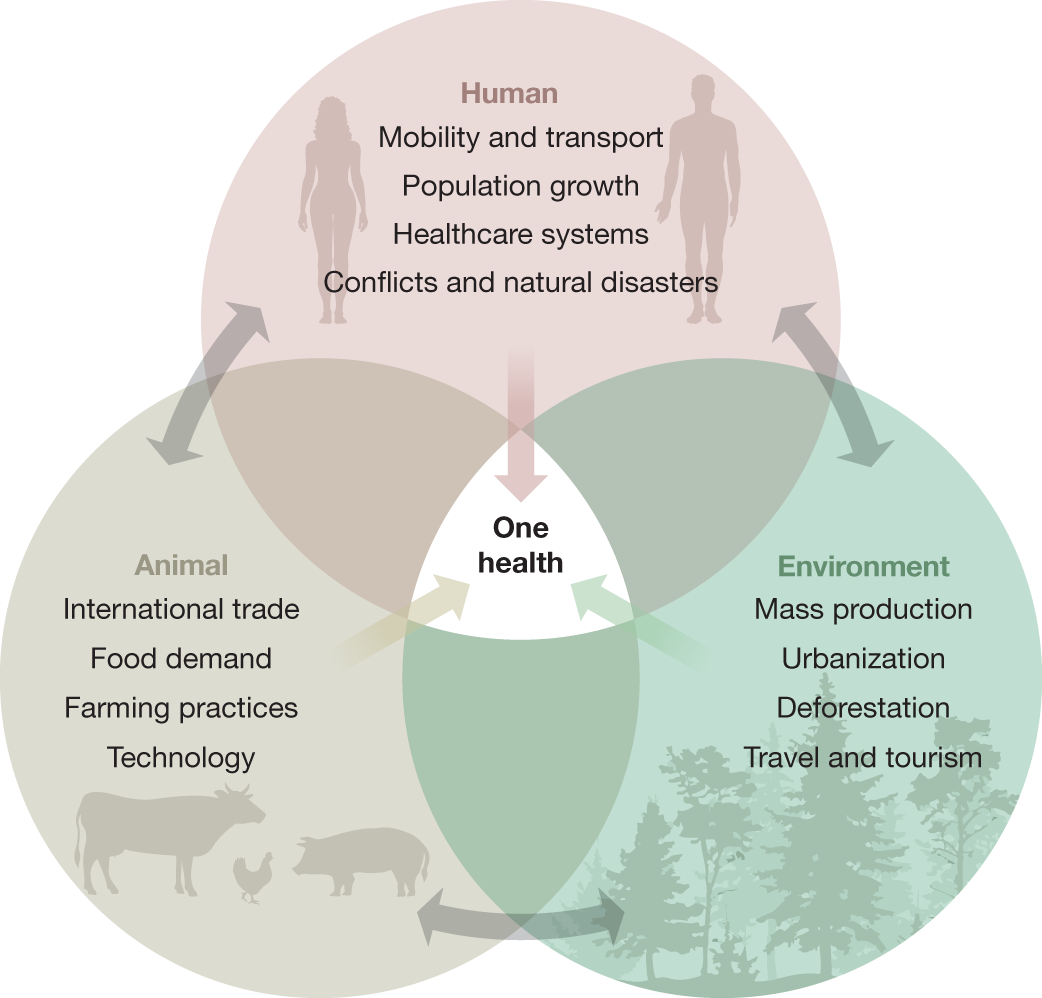
Advancing Epidemic Research: Innovations in Development Strategies
Epidemic research and development (R&D) is at the forefront of shaping effective responses to emerging health threats. This article explores the innovative strategies and advancements in epidemic research that are crucial for proactive preparedness and rapid response.
1. Pioneering Vaccine Development
The cornerstone of epidemic control lies in vaccine development. Innovative approaches, such as mRNA technology, have revolutionized the speed and precision of vaccine creation. Cutting-edge research allows for the swift adaptation of vaccines to new variants, ensuring that healthcare systems can stay ahead of evolving infectious diseases.
2. Antiviral Therapeutics and Treatment Protocols
Epidemic research extends beyond vaccines to include the development of antiviral therapeutics. Advances in understanding the molecular mechanisms of viruses enable the design of targeted treatments. Research-driven treatment protocols contribute to better patient outcomes, reducing the severity and duration of illnesses during epidemics.
3. Genomic Surveillance for Variant Tracking
Genomic surveillance plays a pivotal role in epidemic research, especially in tracking virus variants. High-throughput sequencing allows scientists to monitor changes in the genetic makeup of viruses. This information aids in understanding the spread and potential impact of variants, guiding public health measures and vaccine adaptation strategies.
4. Artificial Intelligence in Epidemiological Modeling
Artificial intelligence (AI) is transforming epidemic research through sophisticated epidemiological modeling. AI algorithms analyze vast datasets, predict disease spread, and identify optimal intervention strategies. This data-driven approach enhances the accuracy and speed of decision-making, providing valuable insights for public health officials.
5. Collaborative Research Networks
The complexity of epidemics necessitates collaboration across research networks. Establishing collaborative frameworks allows for the sharing of data, resources, and expertise. Global research networks facilitate the rapid exchange of information, enabling scientists to collectively address emerging health threats more efficiently.
6. Rapid Diagnostic Test Innovations
In epidemic scenarios, rapid and accurate diagnostics are imperative. Ongoing research focuses on developing innovative diagnostic tests, including point-of-care and home-based solutions. These advancements enable swift identification of infected individuals, supporting timely isolation and treatment measures.
7. Behavioral Research for Public Health Interventions
Understanding human behavior is integral to effective epidemic control. Behavioral research informs the development of public health interventions, including messaging strategies, community engagement initiatives, and compliance with preventive measures. Research-driven insights enhance the effectiveness of public health campaigns.
8. Data Sharing and Open Science Initiatives
Open science initiatives promote transparency and accelerate epidemic research. The sharing of research data, findings, and methodologies allows for collective learning and problem-solving. Open science fosters a collaborative environment, reducing duplication of efforts and promoting the rapid advancement of knowledge.
For the latest insights on Epidemic Research and Development, visit healthcares.my.id and stay informed about the evolving landscape of innovative strategies in proactive epidemic preparedness. These advancements in research not only contribute to immediate response measures but also lay the groundwork for a more resilient global healthcare system.













-framework.tmb-549v.png?Culture=en&sfvrsn=c892a140_3)
